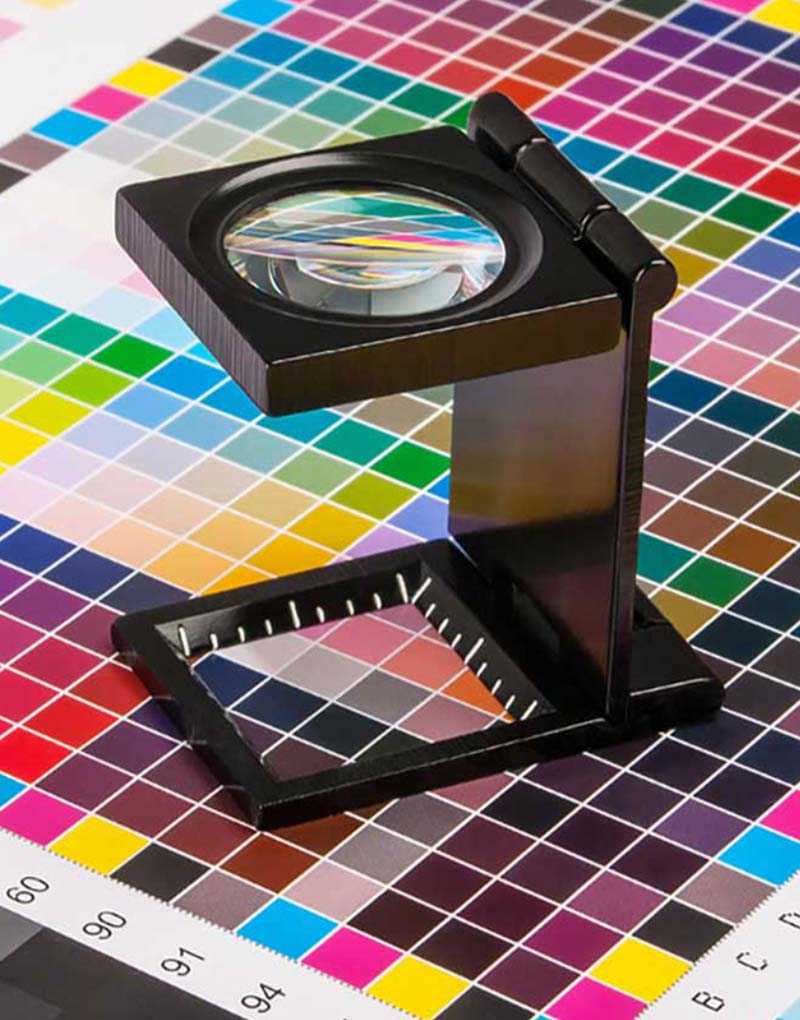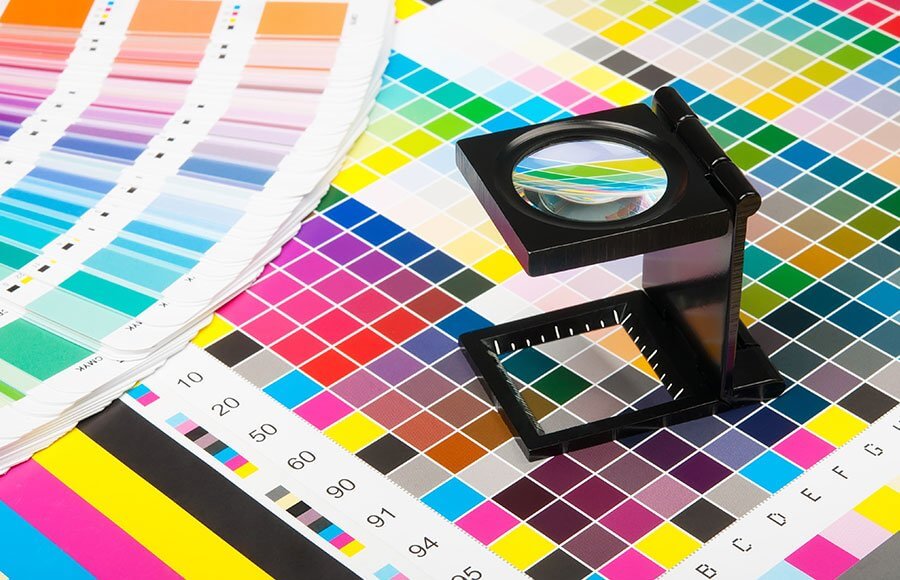Choosing the Best Company for Your litho printing Needs
Choosing the Best Company for Your litho printing Needs
Blog Article
A Comprehensive Guide to Recognizing Litho Printing Methods
The world of litho printing, a technique stemming from the late 18th century, is an interesting blend of background, development, art and scientific research. This detailed guide will certainly unravel the intricacies of this printing method, from the structure of litho inks to the obstacles encountered in contemporary applications. As we venture right into the ins and outs of lithography, the value of automation and sustainability in ensuring its future importance ends up being progressively clear. Remain with us as we journey right into the fascinating world of litho printing.
The Historical Development of Litho Printing
The historic trajectory of litho printing, a crucial development in the world of communication, is a fascinating tale of human ingenuity. Birthed in the late 18th century by Alois Senefelder, this strategy was originally a cost-effective technique of publishing theatrical jobs. Lithography, originated from the Greek words for 'rock' and 'to create', utilized a smooth rock surface to move images onto paper. The procedure progressed with the advent of the rotating press, which greatly enhanced efficiency (litho printing). In the 20th century, the development of balanced out lithography transformed the industry, enabling for automation of top notch prints. Each phase of litho printing's development showcases humankind's relentless quest of performance and top quality in visual interaction.
Decoding the Scientific Research Behind Litho Printing Inks
Progressing in the exploration of litho printing techniques, the focus currently moves to the scientific research behind litho printing inks. The structure of these inks, their drying out procedure, and shade mixing techniques create the foundation of this complicated art kind. Comprehending these elements is essential to grasping the craft and achieving the desired print results.
Composition of Litho Inks
In lithographic printing, the essential function of litho inks can not be overstated. Pigments, the color-providing components, are finely ground particles put on hold in the vehicle, a fluid that lugs the pigment onto the printing surface area. Each part plays an essential component in the last print's quality, making the accurate formulation of litho inks a detailed science.
Ink Drying Refine
From the composition of litho inks, focus turns to the remarkable procedure of ink drying out. The drying out process is essential, as it impacts the last print's high quality and durability. 2 primary approaches are made use of in litho printing: oxidative drying out and absorption. Oxidative drying out entails the ink responding with oxygen airborne to create a tough, completely dry movie. This approach provides a resilient coating, but can be slower compared to absorption. Absorption, on the other hand, entails the ink seeping into the paper fibers, which is a faster procedure yet can bring about much less vivid shades. The choice in between these approaches is reliant upon variables such as print speed needs, the paper kind utilized, and the wanted finish.
Color Combining Methods
While the drying process plays a key duty in litho printing, the science of color mixing methods holds equivalent value. This is an intricate process that includes the cautious mixing of key colors: cyan, magenta, and yellow, in varying proportions to achieve a broad selection of hues. The enhancement of black ink, called 'vital', helps in controling the strength and depth of the shades. The science behind litho printing inks additionally considers the transparency of the ink, which influences just how colors overlay and mix. To accomplish an efficient shade mix, print experts should additionally understand the ins and outs of ink habits, color concept, and the physical properties of the substrate on which the ink is used.
The Art and Design Components in Litho Printing
Litho printing breathes life into art and layout with its distinct components. The procedure involves creating an image on a lithographic limestone plate or metal plate with a smooth surface. The picture is then published onto a tool, typically paper, by moving the ink from home plate. What sets litho publishing apart is its capability to reproduce complex designs with high fidelity, making the output virtually the same to the original artwork. This is accomplished with the usage of different line methods such as stippling, cross-hatching, and hatching, which enable a variety of tonal effects. Additionally, litho printing fits a range of colors, allowing artists to produce vivid and vibrant prints. This mix of precision and flexibility makes litho printing a recommended selection for many go to the website artists and developers.
Modern Applications of Litho Printing Strategies
Litho printing techniques have actually discovered extensive usage in the contemporary commercial market. Its influence and importance proceed to grow with the arrival of new innovations and modern technologies in the field. This section will explore these contemporary applications and the transformative duty they play in the printing market.
Industrial Litho Printing Utilizes
Litho printing stays a crucial component of the commercial industry. High-volume printing tasks, such as the manufacturing of publications, newspapers, and packaging, rely on litho printing for its capability to supply remarkable photo quality and cost efficiency. Litho printing also gives a broad color range, remarkable to that of digital printing.
Advancements in Litho Printing
Pressing the borders of typical techniques, contemporary advancements have actually fueled a host of advancements in litho printing. One popular growth is electronic litho printing, which combines the virtues of digital technology with litho's high-quality result. These technologies highlight the enduring click here for more info relevance of litho printing in the modern-day globe.
Discovering the Refine of Litho Printing: Step by Action

Difficulties and Solutions in Contemporary Litho Printing

Despite the accuracy and practice that litho printing proudly supports, it is not without its set of modern challenges. Digital litho printing permits for economical brief runs and easy personalization, resolving the concern of variable information. Hence, while there are have a peek at these guys difficulties, the litho printing industry is proactively adjusting to fulfill them head-on, ensuring its significance in the future.
Conclusion
Finally, litho printing, with its rich history and clinical details, holds a substantial place in the print market. As the overview reveals, it's a synthesis of art and modern technology, with contemporary developments ensuring its importance. The sector deals with difficulties that call for cutting-edge solutions, with an emphasis on automation and sustainability. The future of litho printing rests on its ability to adjust to these transforming needs, verifying its long-lasting worth in a progressing market.

Report this page